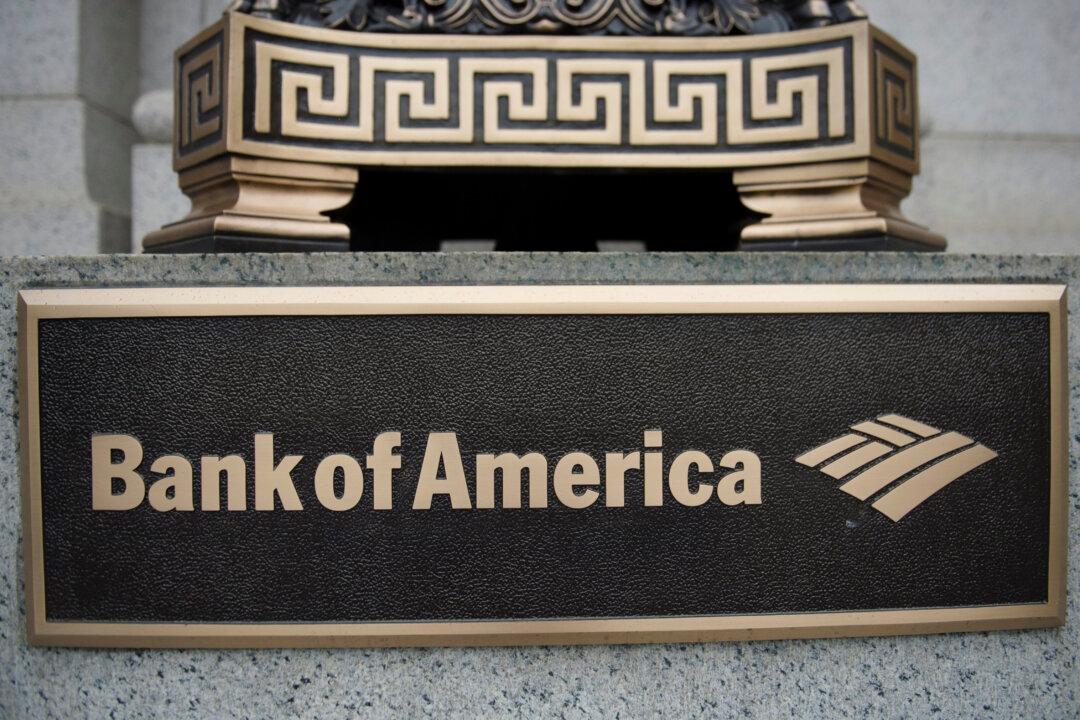The Supreme Court considered on Feb. 27 whether federal law overrides a New York state law that compels banks to pay interest on mortgage escrow accounts.
The justices heard oral arguments in the case known as Cantero v. Bank of America.

The Supreme Court considered on Feb. 27 whether federal law overrides a New York state law that compels banks to pay interest on mortgage escrow accounts.
The justices heard oral arguments in the case known as Cantero v. Bank of America.